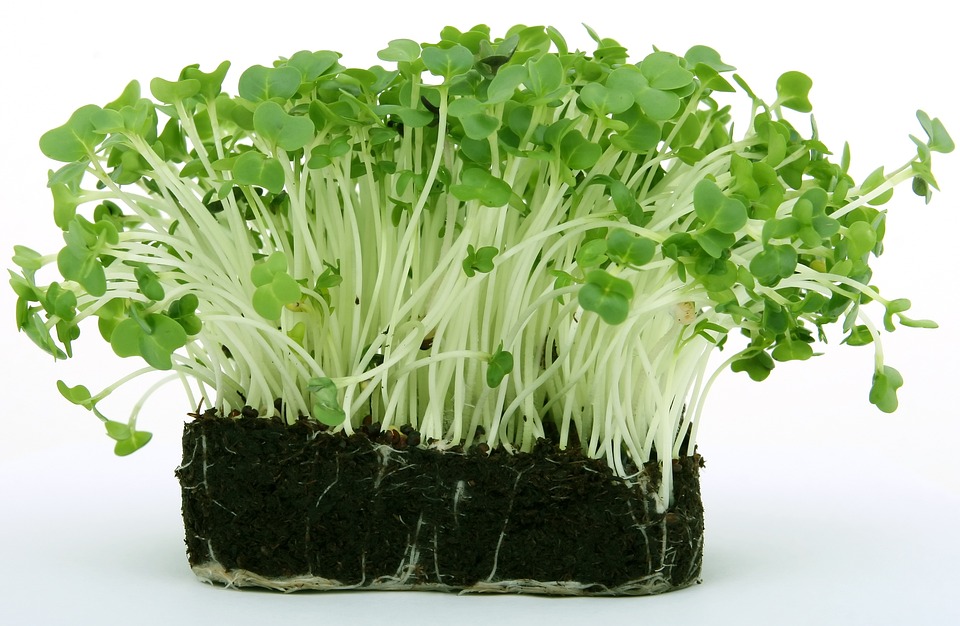Introduction
Having fertile soil is the foundation of successful gardening and cultivating healthy plants. However, maintaining and caring for the soil requires more than just simple watering and basic fertilization. In this article, we will dig deep into the secrets of soil maintenance and unveil the techniques necessary to ensure bountiful yields and thriving gardens.
The Importance of Soil Health
Before delving into soil maintenance, it is essential to understand the importance of soil health. Healthy soil not only provides essential nutrients and moisture to plants but also aids in proper root development, prevents diseases, and supports the entire ecosystem. Fertile soil acts as a living organism, brimming with beneficial microbes, organic matter, and minerals.
Testing and Analysis
One crucial aspect of maintaining fertile soil is regular testing and analysis. Soil testing helps identify any deficiencies or imbalances in essential nutrients, pH levels, and organic matter content. By knowing the specific needs of your soil, you can make targeted amendments to rectify any issues and optimize its fertility. Various home testing kits and professional services are available to simplify the testing process.
Optimizing Soil Structure
Aeration and proper soil structure play a significant role in soil fertility. Compacted soil with poor structure restricts root growth and hampers water drainage. Regularly aerating your soil through mechanical means, such as using a garden fork or aeration tools, improves oxygen circulation and promotes healthy root development. Additionally, incorporating organic matter like compost, leaf litter, or well-rotted manure helps improve soil structure and fosters a more favorable environment for roots and beneficial soil organisms.
Managing Nutrient Content
Nutrient management is a crucial aspect of soil maintenance. It involves replenishing essential elements and ensuring their availability to plants. Organic fertilizers, such as compost, worm castings, and bone meal, are excellent options to enrich the soil with vital nutrients naturally. Different plants have specific nutrient requirements, so it is important to research and provide appropriate supplements to meet their needs. Overuse of chemical fertilizers can potentially harm the soil and negatively impact its long-term fertility, so it is best to use them sparingly and in moderation.
Keeping Weeds at Bay
Weeds compete with plants for nutrients, water, and sunlight, hampering their growth and productivity. Effective weed management is crucial to maintaining fertile soil. Regular hand weeding, mulching, and using natural weed suppressants like vinegar, boiling water, or corn gluten can help control unwanted plants. Additionally, practicing crop rotation and intercropping can disrupt weed growth cycles and prevent weed dominance.
Watering Techniques
Water management is vital for soil health. Overwatering can lead to waterlogging, making the soil excessively compacted and low in oxygen, affecting plant roots. Conversely, under-watering causes drought stress and nutrient imbalances. It is crucial to water deeply but infrequently, allowing the water to reach the root zone and promoting deep root growth. Mulching can also aid in conserving moisture and regulating soil temperature.
Preventing Soil Erosion
Soil erosion is a significant concern, especially in areas with heavy rainfall or sloping terrain. Eroded soil loses essential nutrients, damages the ecological balance, and reduces the soil’s fertility. Implementing erosion control measures such as terracing, planting cover crops, using retaining walls, and practicing contour plowing helps prevent soil erosion and preserves its health.
FAQs
Q: How often should I test my soil?
A: It is recommended to test your soil at least once every three years. However, if you are experiencing plant growth issues or planning to change the crops you grow, more frequent testing can be beneficial.
Q: Can I make my own compost?
A: Absolutely! Composting is a fantastic way to recycle organic waste and create nutrient-rich compost for your soil. It can be made using kitchen scraps, yard waste, and other organic materials.
Q: How do I prevent overwatering?
A: To avoid overwatering, ensure that the soil has proper drainage. Water deeply but infrequently, checking the moisture levels before watering again. Additionally, consider using moisture meters or observing plant signs, such as wilting leaves or waterlogged soil, to determine when watering is necessary.
Q: Is it essential to remove weeds from my garden?
A: Weeds can significantly impact the health and productivity of your plants. Removing weeds helps prevent competition for resources and reduces the chances of diseases spreading. Thus, it is important to regularly remove weeds from your garden.




